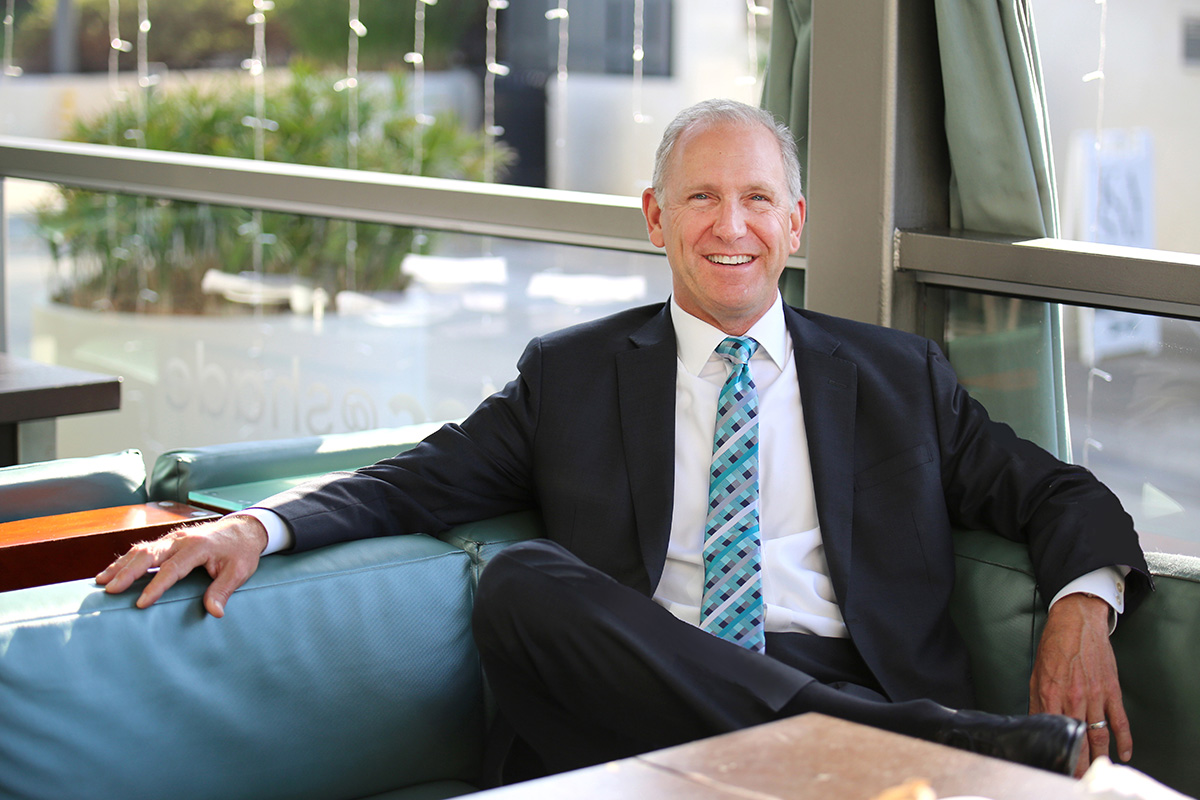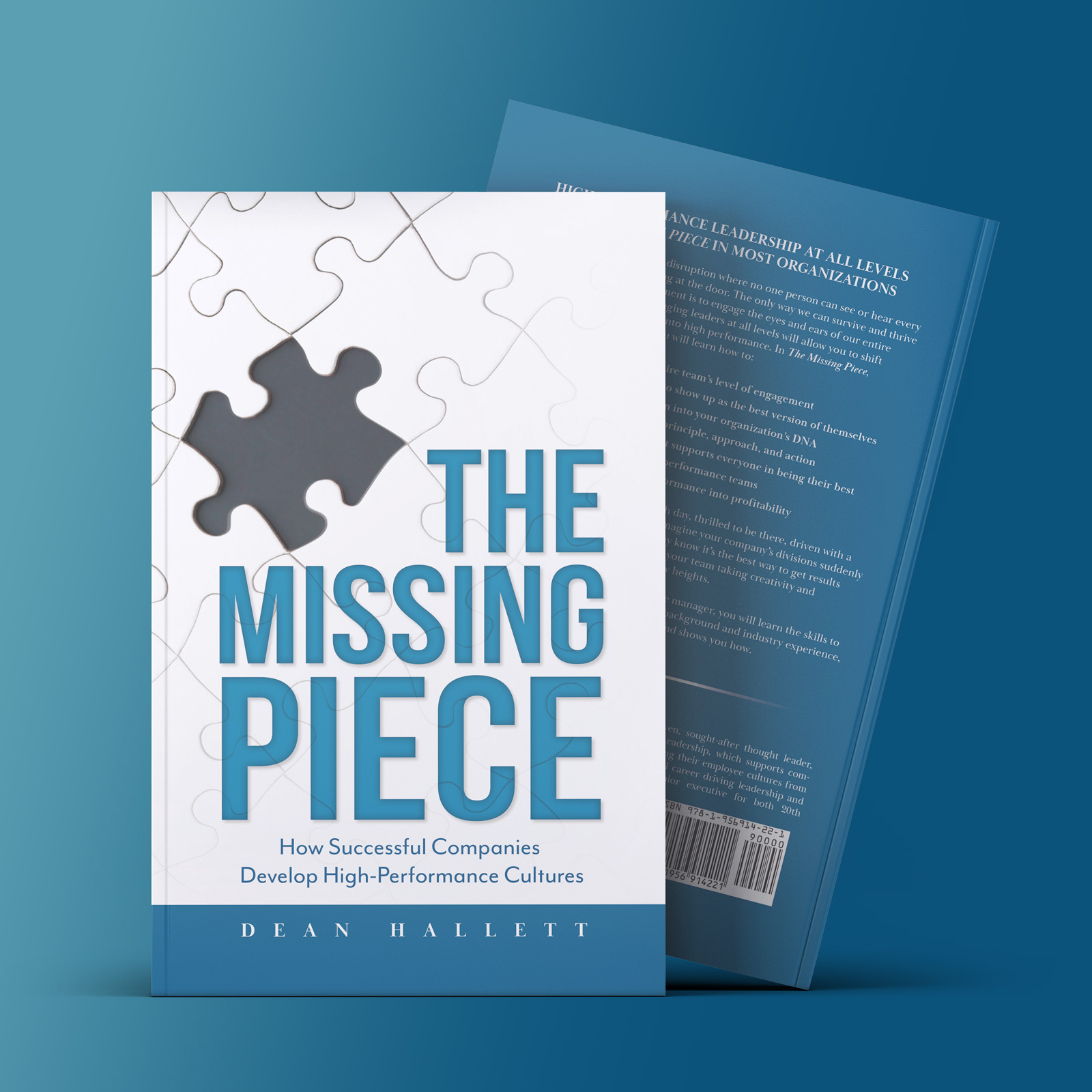Let’s look at victim vs accountability in the workplace.
All of us at some point find ourselves in various recurring loops…
Your team members are disengaged…
You feel like “I’m the only one doing any work around here…”
Or “I just can’t rely on my people…”
Usually in life, recurring events are a flashing light indicating class is in session, and we have an opportunity to grow and learn, and break through an invisible barrier that has been holding us back…
That is, if we choose accountability.
It isn’t the easiest thing to choose accountability, because the default setting of life, and particularly of our social environment in the present time, is victimhood.
So let’s talk victimhood and accountability in the life of an executive, and how our manner of navigating them leads to either breakthrough or stagnation.
Here’s a video of Dean relating a personal anecdote of victimhood and accountability, click on the thumbnail.
Questions To Ask When Class Is In Session
When we notice that we are in a similar or same situation we have experienced in the past – instead of reacting to it from a place of victimhood (i.e. “why does this ALWAYS happen to me?”) we can come from a place of accountability and ask questions like:
“Why do I keep setting this up?”
“What is the lesson I need to learn here?”
“If I were 100% accountable for this situation, then what could I do differently to ensure this doesn’t happen again?”
Questions like these are powerful stimuli for breaking free of the old pathways that lead us to the same situations over and over again.
Let’s take a hypothetical example of an executive stuck in such a loop.
An Executive With A Problem
John, a senior operating executive, isn’t getting what he wants and thinks that the team isn’t right. He’s seen this situation before. His instinct is to hire someone to “straighten the team out,” or to begin replacing members of the team.
According to John, the team isn’t taking the steps necessary to achieve the company’s goals.
John’s story is therefore:
I need to get their heads straight, or replace them.
The Executive Sits Down With The Coach
In this hypothetical example, I begin a coaching engagement with the executive. After the preliminaries are done, I have him describe his problem twice: first from the perspective of victimhood, then a second time from the perspective of accountability.
John begins with his victim story:
“I’ve got all these goals in my mind, and I definitely know we can get there – what we need to do is crystal-clear… but my team members’ heads aren’t on straight. Everyone needs a massive attitude change. No one is where they need to be, and to be honest Dean, they’re holding me back.”
Now, I ask John to relate the current situation from a fully-accountable point of view.
He gazes off for a moment, and takes a breath, and chuckles a bit. He visibly relaxes back into his chair, and begins to speak:
“Yeah well, if we’re being honest, I haven’t created enough opportunity and space for the team to come together; haven’t set aside dedicated time to talk about our shared goals, so that each member of the team can internalize them, and see how their personal role fits into the larger picture… this, I think, is at the heart of why people aren’t showing up and performing at the level I know they are capable of.”
Identifying the Lesson
Having articulated both the victim perspective and the accountable party perspective, I now ask John the final question, which gives him the opportunity to lean way into accountability:
What’s the lesson you haven’t learned yet, and stands as the reason for why you’re once again in this situation?
John pauses again before speaking, reflecting deeply. Finally, he slowly begins:
I can’t do this by myself. I can’t achieve the organizational goals by myself. I can’t get this done without everyone else involved.
Really looking at it, I think I have an underlying fear of empowering my team; that if they succeed in getting results, they don’t need me anymore.
Your Lesson?
Maybe this theme sounds familiar. Or maybe your lesson is completely different. Wherever the edge of learning lies for your, remember that next time you encounter an issue that looks much the same as before:
- Tell the story of the scenario from the victim AND accountable points of view.
- Inquire what the lesson is that you may be called to learn at this time.
In John’s case, he might state that the lesson he hasn’t learned is:
“I need to truly spend time with my people so that they understand how their role fits into the bigger role, and they feel empowered to contribute in a meaningful way.”
Best of luck, and talk soon,
Dean
(Note: If you found this article useful, please consider forwarding it to someone who would enjoy it. If you were forwarded it by someone else, you can sign up to receive articles like these in our newsletter each month. It’s complimentary).




